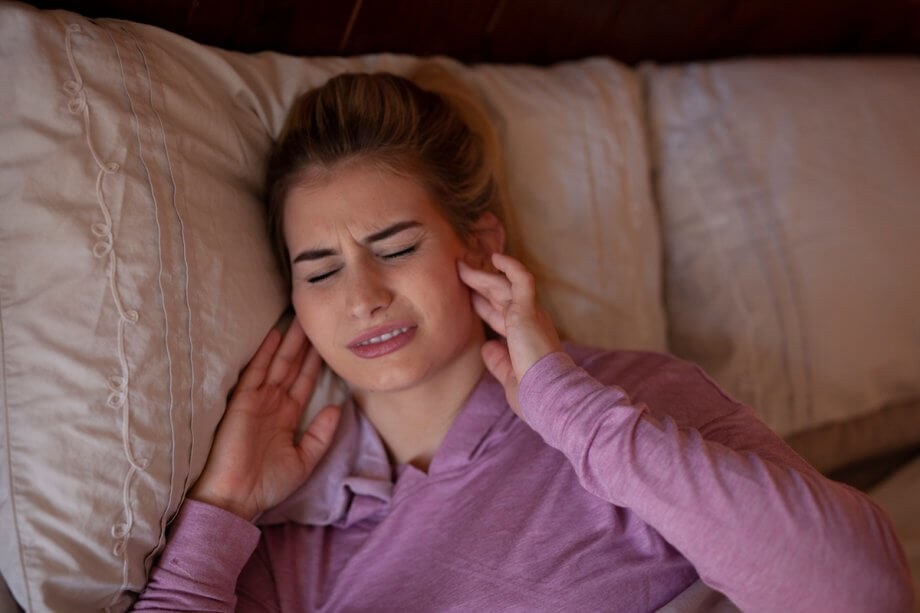Do you ever experience jaw pain, headaches, or even earaches? You may be suffering from a condition known as temporomandibular joint (TMJ) disorder.
This disorder affects the joints and muscles that control jaw movement and causes a variety of symptoms. It is important to understand the causes and symptoms of TMJ so that it can be properly diagnosed and treated.
Fortunately, TMJ can usually be managed with lifestyle changes, physical therapy, and medications. In some cases, surgery may be necessary to relieve the pain and dysfunction associated with TMJ. In this article, we will discuss what TMJ is, its causes, symptoms, diagnosis, and treatment options.
What is TMJ?
TMJ disorder is a condition that affects the joints and muscles that control jaw movement. It is a common joint disorder in adults with symptoms such as pain in the jaw, headaches, and earaches.
Many people experience jaw pain at some point in their lifetime and may mistake it for TMJ. This can be especially true if they have had their wisdom teeth removed. However, TMJ is often difficult to diagnose because its symptoms are very similar to other jaw-related conditions.
For this reason, it is important to be aware of the symptoms and see a dentist if you think you may have TMJ.
Causes of TMJ
There are many causes of TMJ, and they can be both physical and psychological. Some of these causes include:
- Painful chewing
- Malocclusion
- Stress
- Excessive teeth clenching
- Certain medications
- Other medical conditions, like arthritis or an infection
Many of these causes are preventable or treatable. If you experience pain or discomfort in your jaw, you can always make an appointment with your dentist to discuss whether you may have TMJ.
Treatment Options for TMJ
If you have been diagnosed with TMJ, there are several ways to manage and ease your pain. Your dentist may suggest one or more of the following:
- Taking over-the-counter pain relievers
- Wearing a mouthguard at night to prevent teeth grinding
- Talking therapy
- Massage therapy
- Acupuncture
- Using an ice pack to relieve swelling
- Hot salt water rinses
- Regular flossing and brushing
- Regular dental checkups
Not all of these treatments will work for every person. Finding the right treatment for you may take some time and experimentation. If your TMJ symptoms do not improve with treatment, it may be time to investigate surgery as a more extreme option.
Lifestyle Changes to Manage TMJ
There are several lifestyle changes that you can make to relieve your TMJ symptoms.
- Avoiding habits like teeth grinding and clenching or regular dental checkups are a good place to start.
- You also want to avoid eating certain foods, like gum or chocolate, as they can irritate your jaw.
- If you smoke cigarettes, you may also want to consider quitting.
All of these lifestyle changes can help reduce your symptoms and may improve your quality of life. If TMJ is caused by malocclusion, your dentist may recommend braces or Invisalign. This will help correct your bite and reduce the stress on your jaw. Sometimes, you may even want to consider surgery to realign your teeth and reduce pain.
TMJ Specialist in San Francisco
There are many ways to manage TMJ symptoms, including taking over-the-counter pain relievers, wearing a mouthguard at night, and regular dental checkups. There are also several lifestyle changes that you can make that may help relieve your TMJ symptoms.
Dr. Chris Chui is the clinical director at the San Francisco VA Medical Center treating many patients with TMJ and Sleep Apnea issues. Schedule an appointment with San Francisco Dental Wellness online, or call 415-781-1944.

